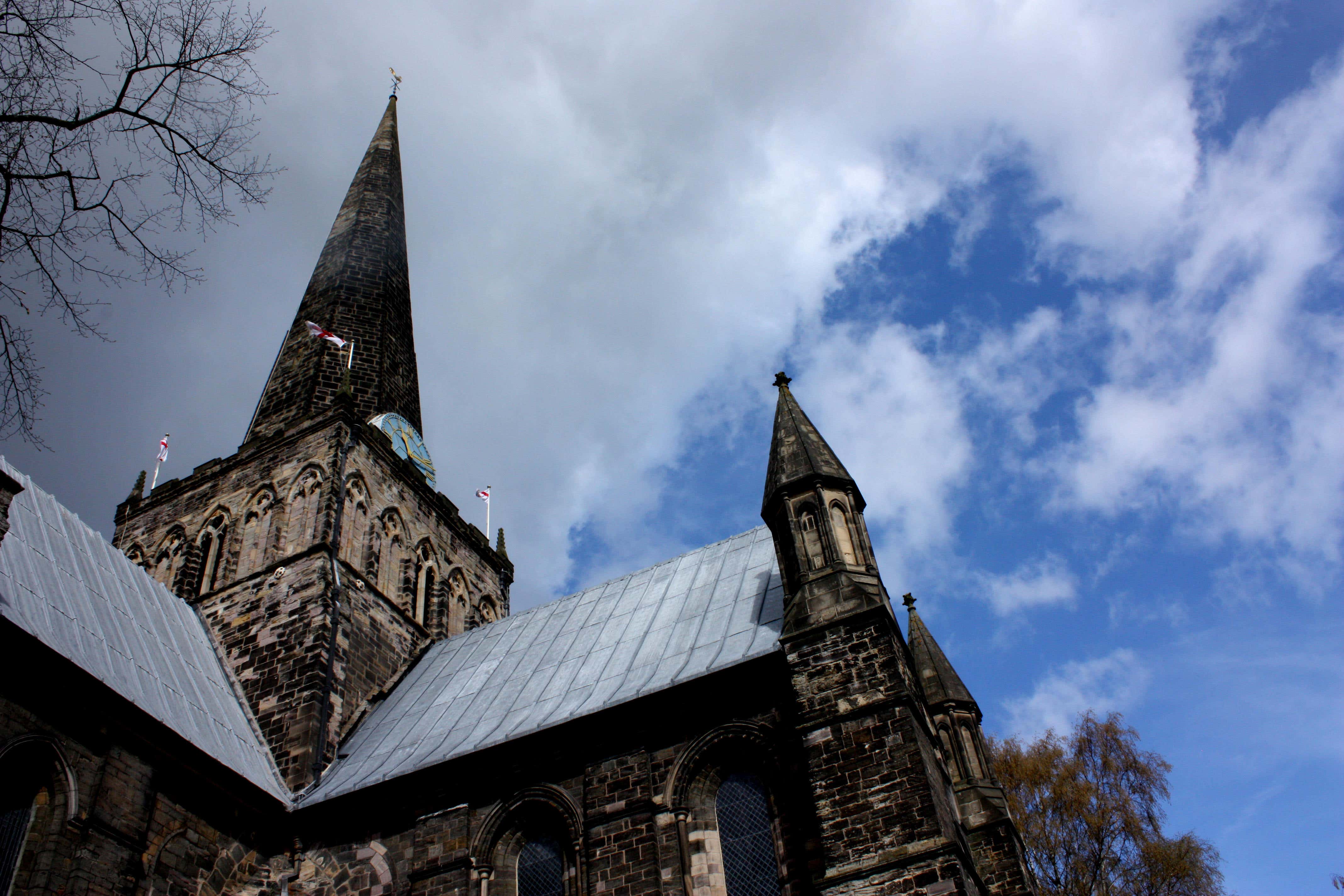Asylum seekers seeking baptism ‘melted away’ under rigorous process – ex-priest
Former Church of England priest Matthew Firth said he asked the asylum seekers to become involved in the life of the church first.

A former Church of England priest has said he was brought groups of asylum seekers looking to convert to Christianity, who then “melted away” when asked to become involved in the church first.
The Rev Matthew Firth, 41, who was a priest at St Cuthbert’s in Darlington between 2018 and 2020, gave evidence to the Home Affairs Select Committee on Tuesday.
The issue of baptism has come to the political forefront after the case of Clapham alkali attack suspect Abdul Ezedi, who successfully challenged his asylum refusal after converting to Christianity.
It was a large number of young male asylum seekers, almost in a cohort
Ezedi is believed to have been supported in his claim by someone from a Baptist church, rather than the Church of England, but the case has prompted strong debate on the issue of conversions.
Mr Firth left the church in 2020, and is now a vicar for the Free Church of England.
He told the committee that when he came to St Cuthbert’s in 2018 he found there was a “surprising number” of baptisms going forward with asylum seekers.
“It was a large number of young male asylum seekers, almost in a cohort,” Mr Firth said.
He said that he started to “look into” the trend, after honouring the baptisms that were already in process.
“I started to look into it a bit further.
“After those baptisms, week-in, week-out, significant groups of mainly Iranian and Syrian young male asylum seekers were being brought to me in sizeable cohorts.”
At a time six or seven people brought to me by people saying these people need baptism
Mr Firth said the cohorts were “six or seven” people “every two or three weeks”.
“At a time six or seven people brought to me by people saying these people need baptism,” he said.
Asked who brought the asylum seekers to him, Mr Firth said: “There was a particular individual who I think had received right to remain in the UK through the asylum application system.
“But I think this particular individual didn’t want baptism but was bringing lots of people who this individual said need to be baptised.”
It was put to him that only 15 people who may have been asylum seekers were baptised at St Cuthbert’s over a 10-year period.
Mr Firth said that he did not have access to the parish registers, so was not familiar with those figures.
He said he “pressed a pause button on the process” of baptism requests after becoming concerned.
“There is a difference between the number of people being brought to me to request baptism, and the actual number of baptisms that happened,” Mr Firth said.
They were not really wanting to get involved in the life of the church so much after I requested them to do so
He said that he made sure the baptism process was “rigorous” after taking on the job, and “that made the numbers fall off a cliff”.
“You try to press a pause button which is to make sure that people are requested to come to church, start getting involved and attending church regularly and events,” he said.
“That was the thing that kind of made the numbers fall off a cliff in a sense, because those people melted away really.
“They were not really wanting to get involved in the life of the church so much after I requested them to do so.”
Bookmark popover
Removed from bookmarks